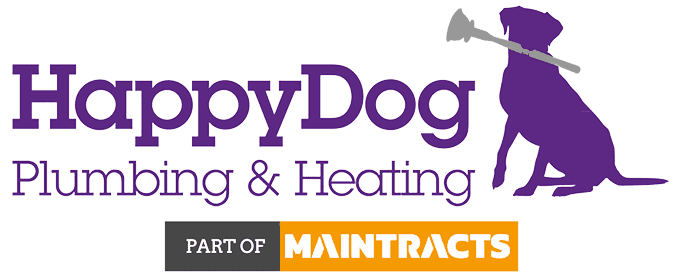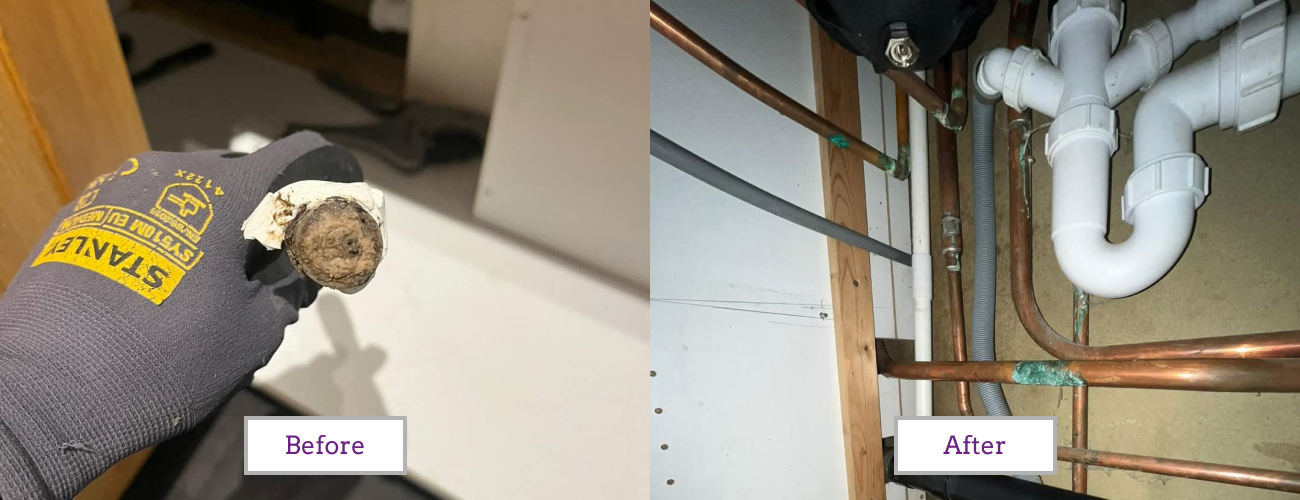You might be wondering, “Why should property owners care about the rules surrounding their boiler condensate pipe?” Well, the answer is simple. These regulations are designed to ensure safe and efficient operation of your boiler, addressing common issues like freezing pipes, leaks, and environmental damage. By understanding and following these guidelines, you can help avoid the frustration and cost of a boiler breakdown, especially when you need it most.
In this guide, we’ve broken down the key information in a clear, easy-to-understand format. Keep reading to learn everything you need to know.


